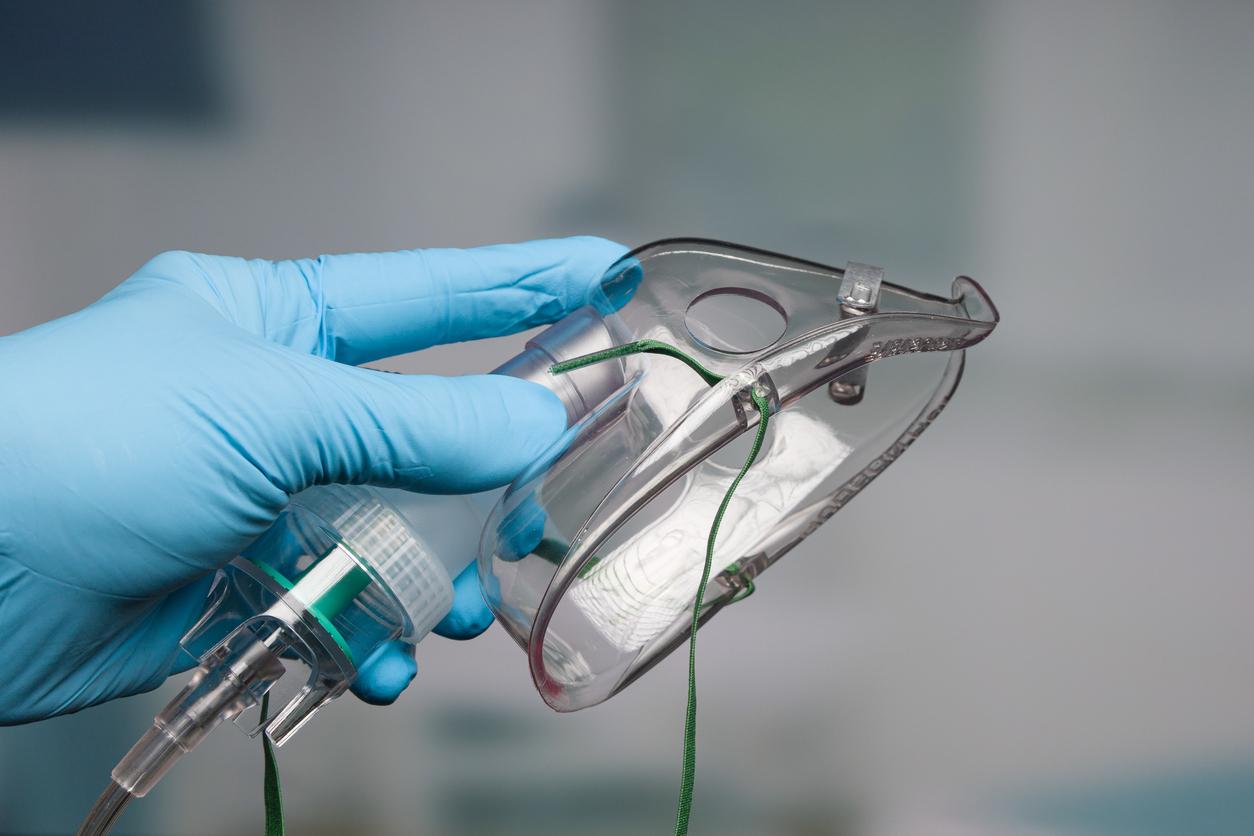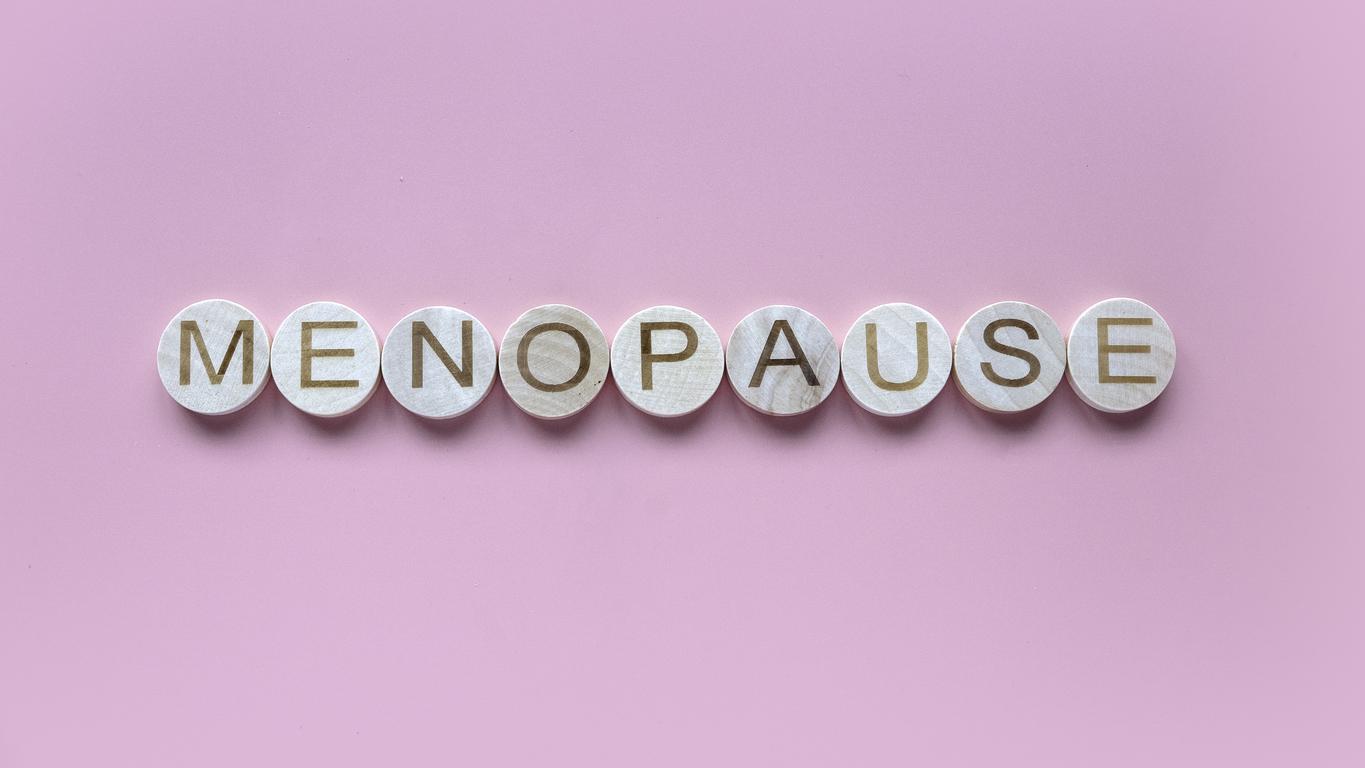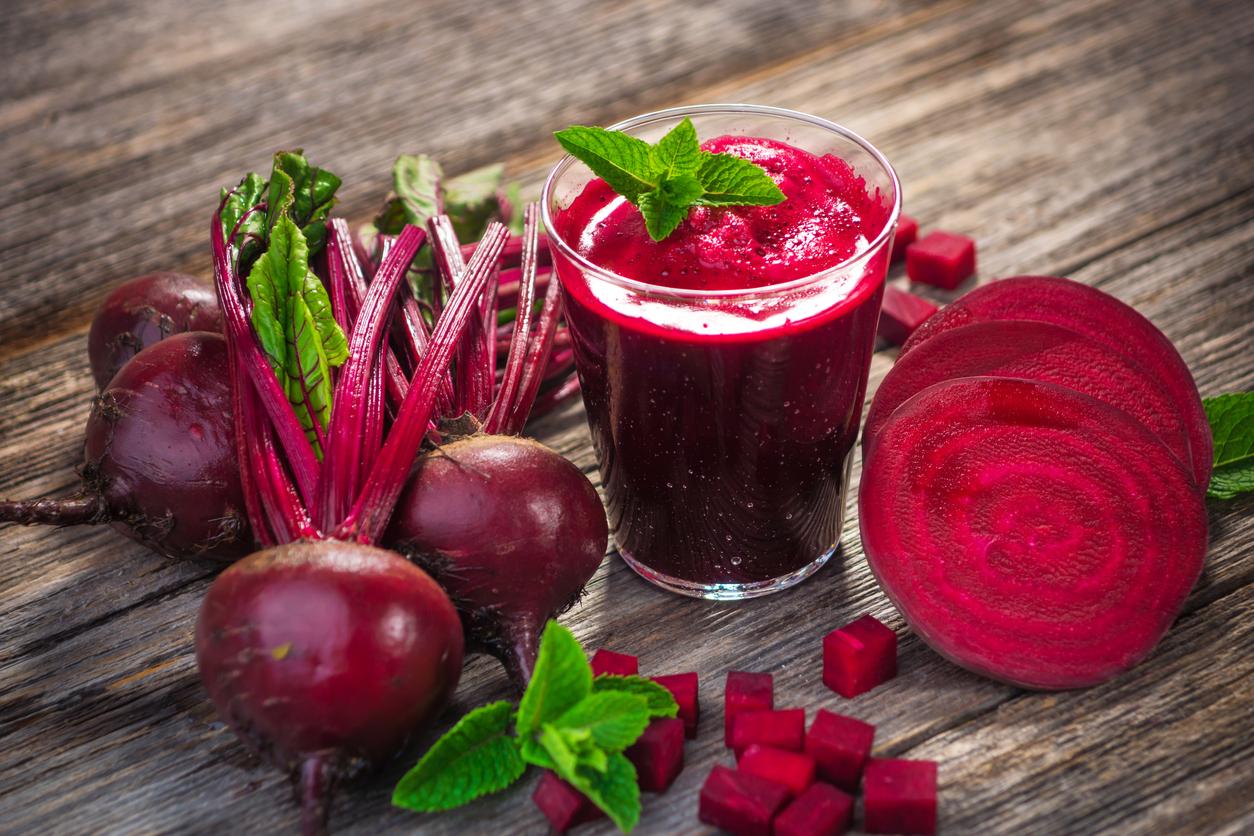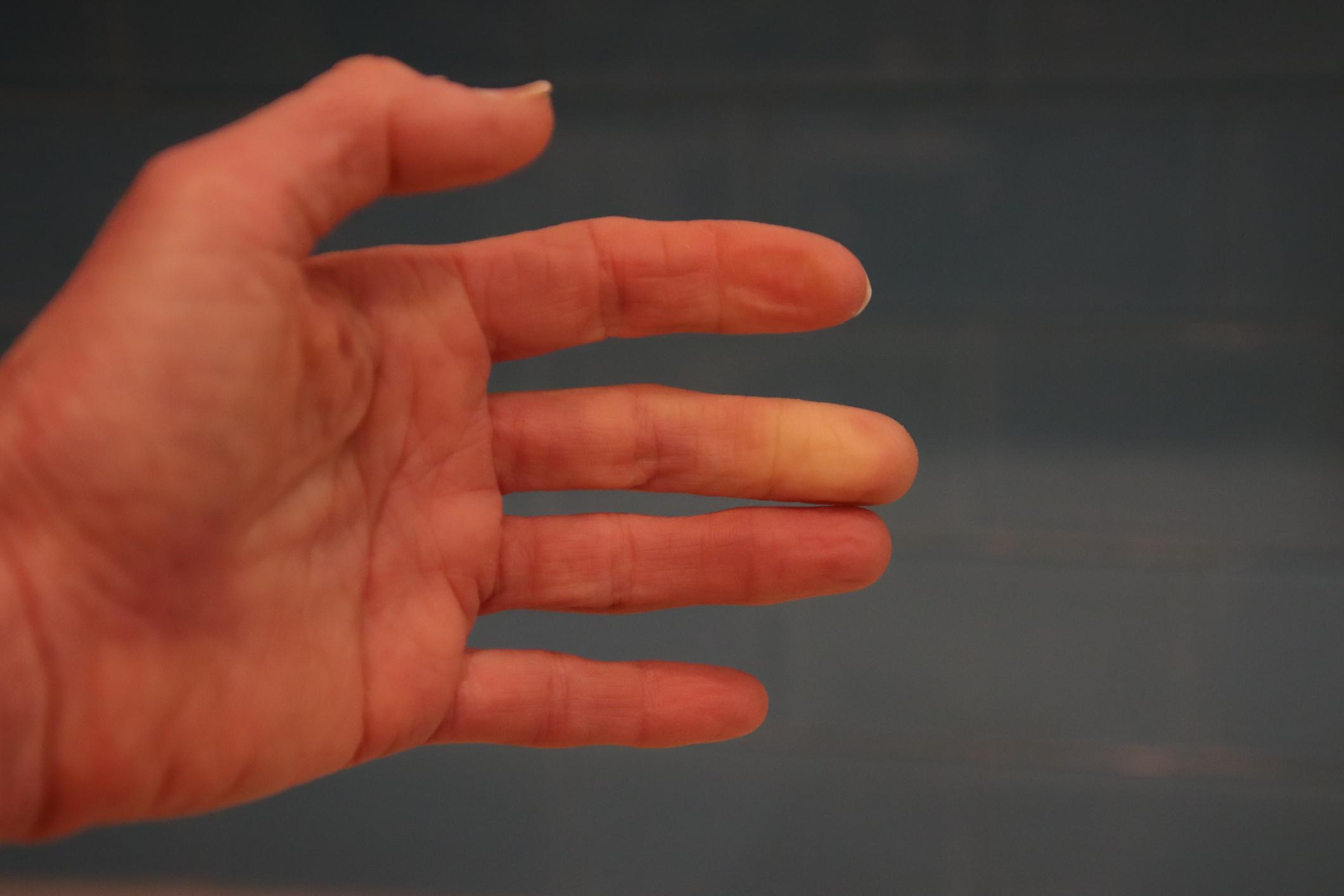Daily consumption of beetroot juice improves blood circulation in post-menopausal women. This may reduce the risk of heart disease.
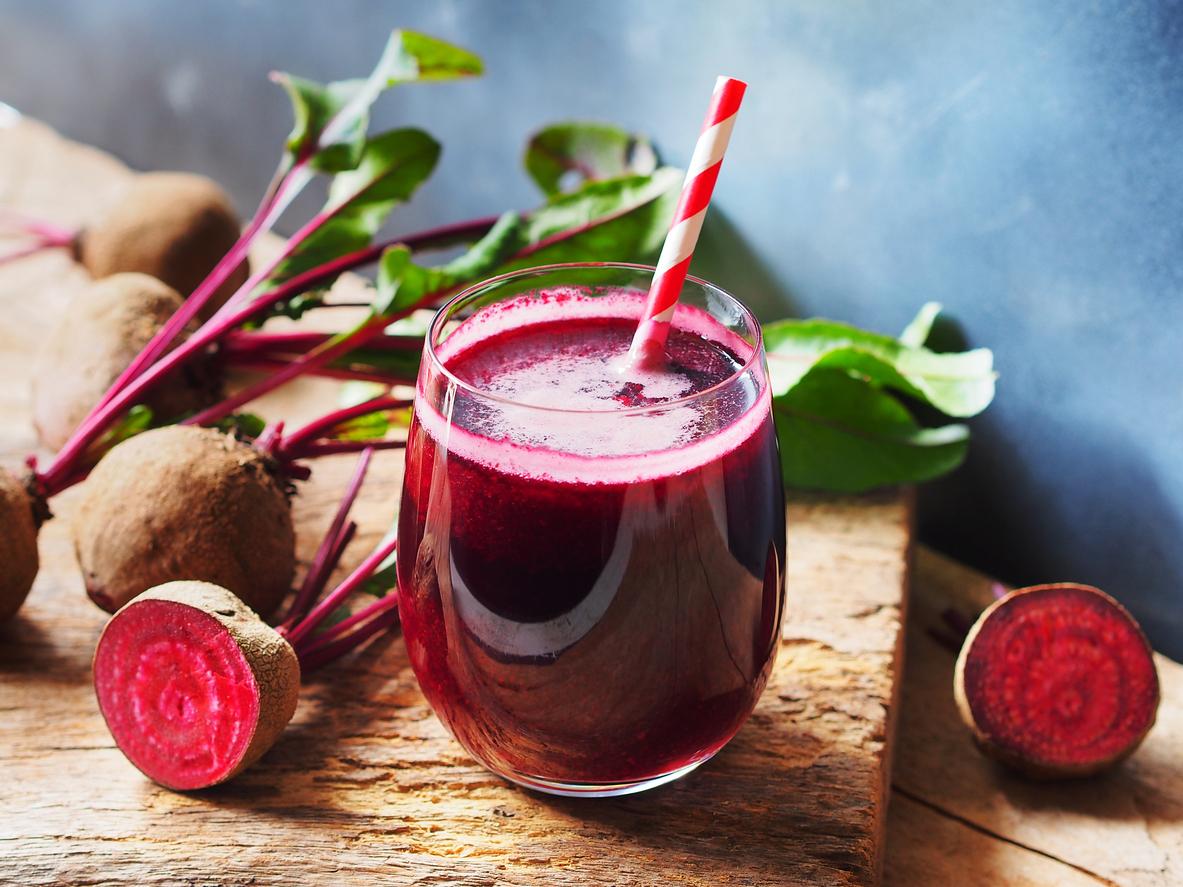
- Menopause is associated with increased cardiovascular risk.
- Beetroot juice could help prevent this risk.
- Rich in nitrates, it has beneficial effects on blood circulation, which reduces cardiovascular risk.
The cessation of menstruation in women can lead to various upheavals. Menopause can affect quality of life, but it is also associated with various pathologies. For example, postmenopausal women have a higher risk of cardiovascular disease. In the review Frontiers in Nutritionscientists have discovered a potential preventive measure: beetroot juice. According to their findings, daily consumption of this drink improves blood circulation and reduces cardiovascular risk.
Nitrates in beets can help blood circulation
“Beet juice contains high levels of nitrate, which the body converts to nitric oxide, specify these researchers from the universities Park (United States), Edith Cowan (Australia), Wake Forest (United States) and Leed (United Kingdom). Nitric oxide helps blood vessels dilate, making it easier for blood to flow.” Now menopause interrupts the production of estrogen, hormones that help maintain nitric oxide levels in the body.
“This loss of nitric oxide production contributes to the substantially increased risk of heart disease in postmenopausal women.develops the first author of the research Jocelyn Delgado Spicuzza. Foods rich in nitrates, particularly beets, are being studied as a natural, non-pharmaceutical way to protect the heart and blood vessels.” She stresses, however, that these are the nitrates naturally present in vegetables, and not the nitrate-based additives often added to meat. The latter are not converted into nitric oxide by the body.
Menopause: beetroot is beneficial for blood circulation
To test the effects of beetroot on the cardiovascular health of postmenopausal women, the scientist and her team recruited 24 women, aged 50 to 60 and all postmenopausal. Their vascular function was tested, then the women consumed the equivalent of 14 cl of beetroot juice every day for a week.All participants consumed concentrated beetroot juice, each serving providing as much nitrate as three large beets.the authors specify. A few weeks later, they drank beet juice without the nitrate.” The study was double-blind: neither the participants nor the researchers knew which juice was consumed. The day after the last dose, new vascular examinations were carried out. Using an ultrasound sensor, the scientists observed the circulation of blood in the brachial artery, which is located in the upper arm and supplies the hands.The results showed that daily consumption of nitrate-rich beetroot juice improved blood circulation compared to daily consumption of nitrate-free beetroot juice.“, the authors conclude.

Menopause: beetroot, an easy solution to improve blood circulation
According to them, if this improvement in blood circulation could be maintained, it could reduce “significantly the risk of heart disease”They point out that the long-term health benefits of beet juice have not been studied at this stage, but that the long-term benefits of nitrate-rich vegetables have been confirmed.
Jocelyn Delgado Spicuzza points out that beetroot juice was particularly well tolerated by women in the study.Several participants said they intended to continue consuming beet juice after the study ended, she notes. There seems to be a real desire on the part of postmenopausal women to protect their cardiovascular health without taking additional medications. I believe beets can be a complementary food to improve blood vessel health in millions of women as they age..”









